NEW & USED
MATERIAL HANDLING EQUIPMENT
Are you looking to purchase warehouse products like pallet racking (uprights, beams, wiredecks/ pallet supports, row spacers, column guards, end aisle guards, + more), pick modules, mezzanines, cantilever rack, shelving, or specialty matreial handling equipment?
Work with a Trustworthy Material Handling Resource
Determine Your Specific Needs
Make an Informed Decision on New vs Used
Maximize Your Investment
Utilize Nationwide Product Availability
Customer Service You Can Count On
WAREHOUSE PRODUCTS AVAILABLE NATIONWIDE
Pallet Racking
Conveyor
Mezzanines
PICK MODULES
Push-Back Rack
CARTON FLOW
DRIVE-IN
Wire Decking
Cantilever Rack
Lifts & Machines
WORK WITH CONESCO TO:
 Determine the Extent of Your Needs
Determine the Extent of Your Needs
 Communicate Your timeline
Communicate Your timeline
 Create a Plan
Create a Plan
 Receive NEW & USED Options
Receive NEW & USED Options
 Save Time & Money
Save Time & Money

DO YOU WANT OPTIONS WHEN EVALUATING WHICH MATERIAL HANDLING EQUIPMENT TO PURCHASE?
CALL CONESCO
Throughout the year, Conesco provides cost-saving opportunities with nationwide, pre-owned material handling products available at our active warehouse liquidations. We maintain inventory centrally in our Colorado headquarters and regionally in different liquidation sites. Additionally, our extensive 36 years of networking in the pallet racking world allows you to maximize your reach / search for the quality materials your business needs.
When you work with us, we actively work on your behalf to secure significant cost savings by finding USED options material handling equipment like pallet racking, pick modules, conveyor, mezzanines, cantilever racking, carton flow, drive-in, push back, and much more. Our goal is to provide you the opportunity to evaluate multiple options both USED and NEW!
DIVERSE CUSTOMER BASE

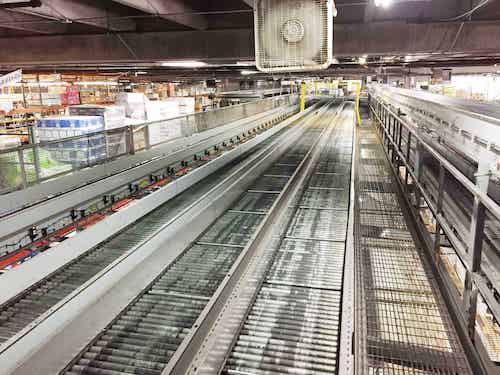
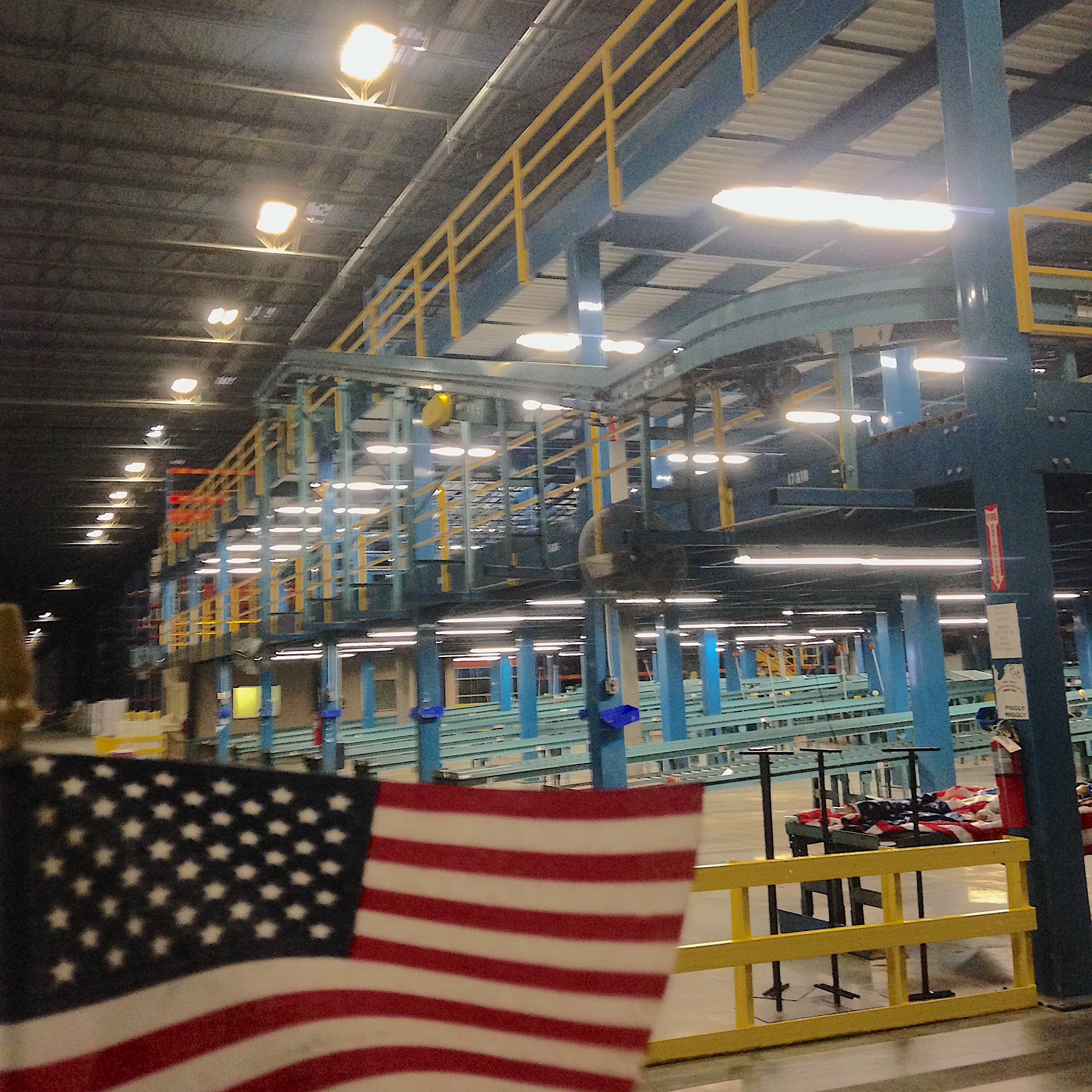
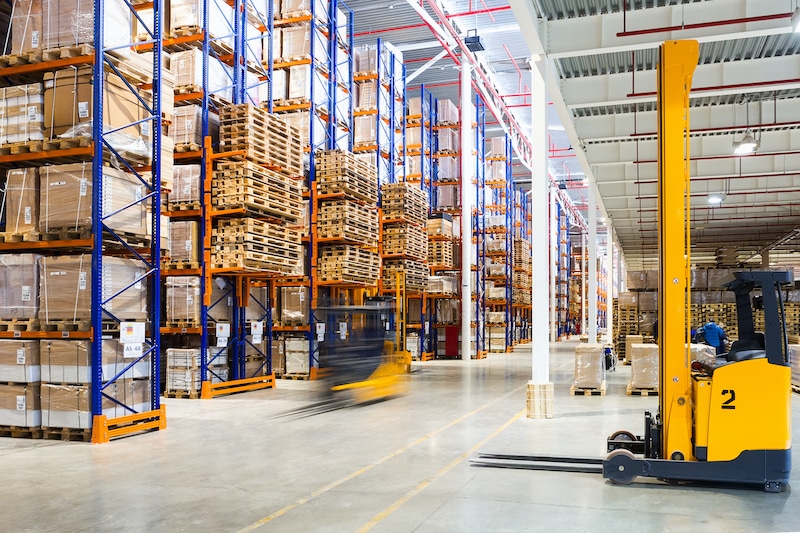
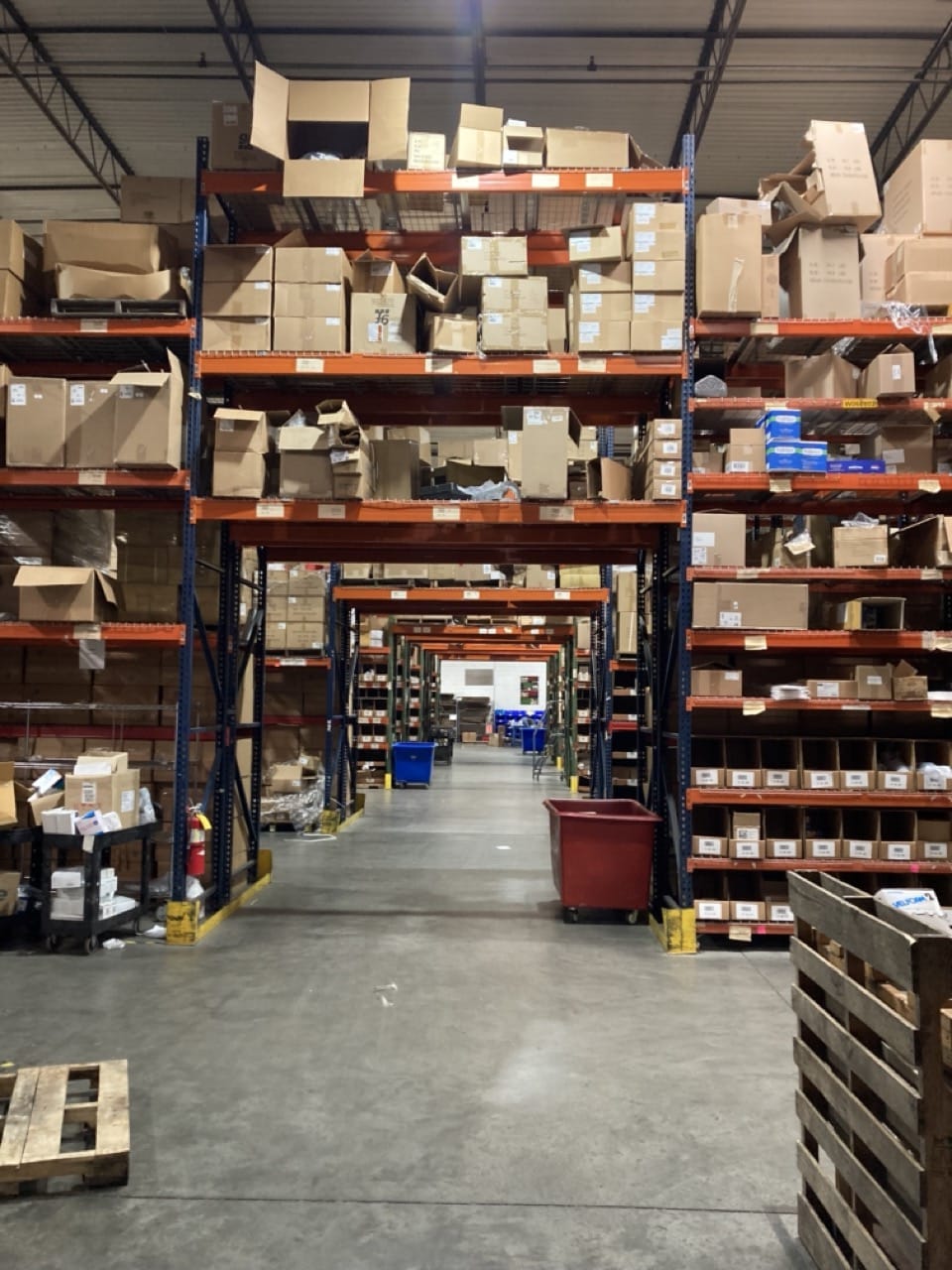
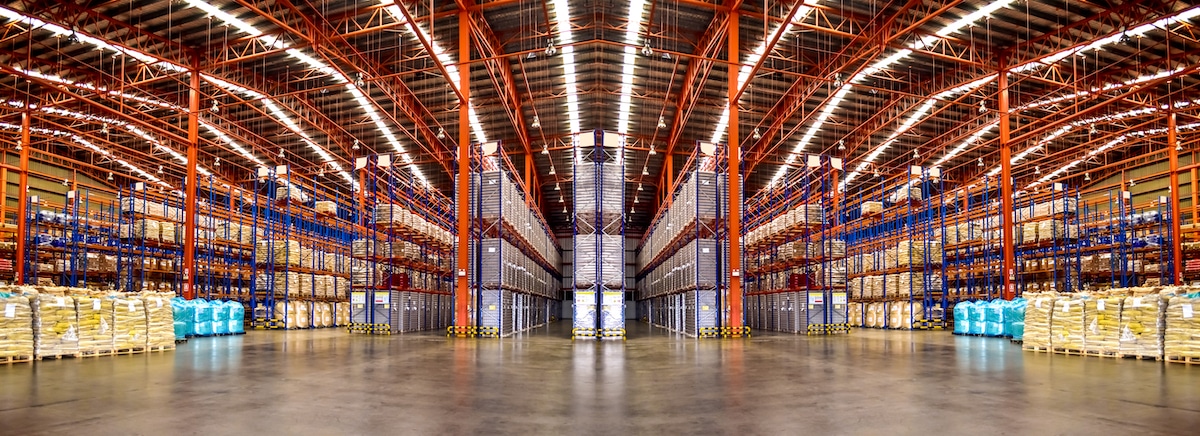
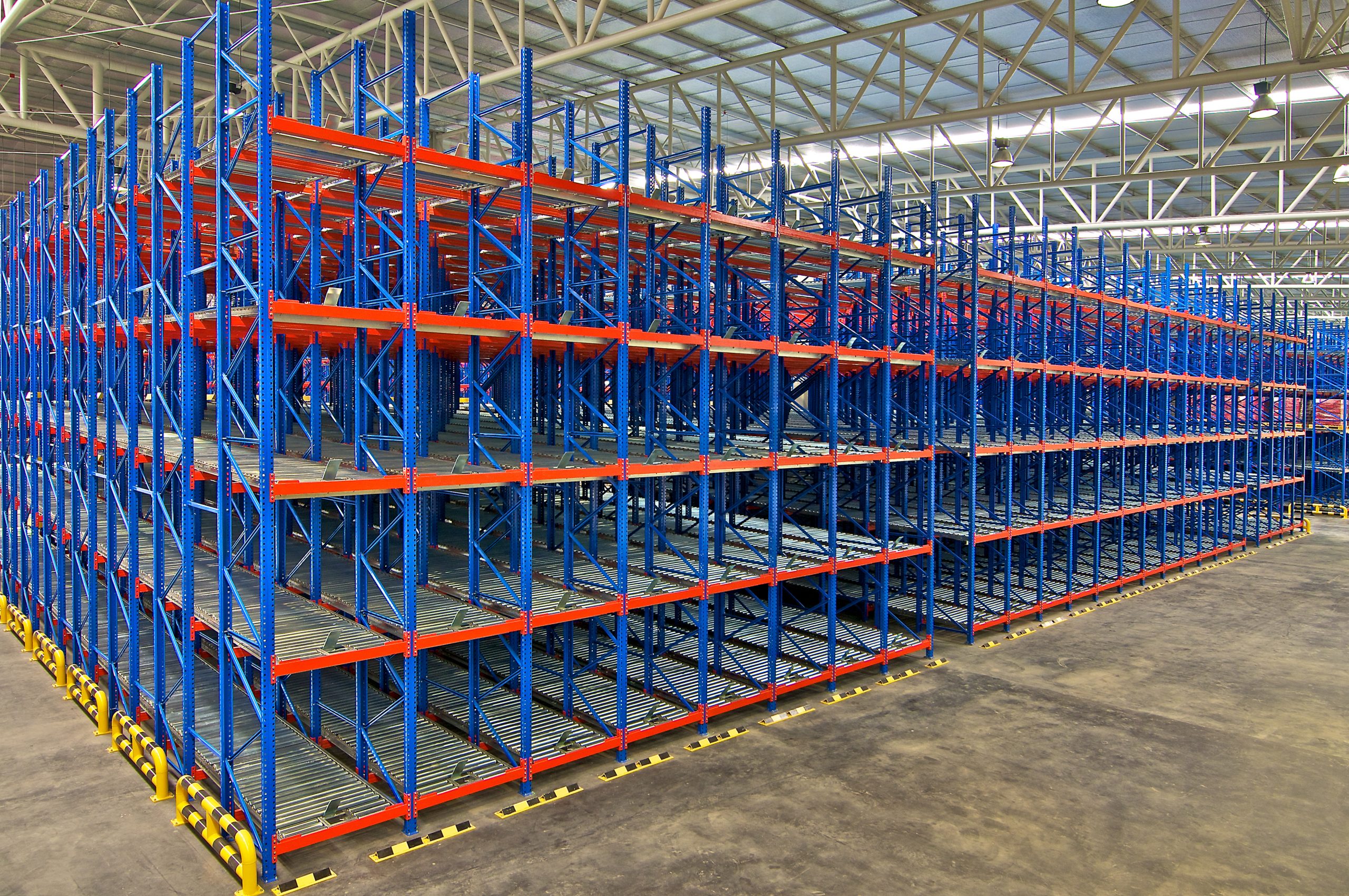
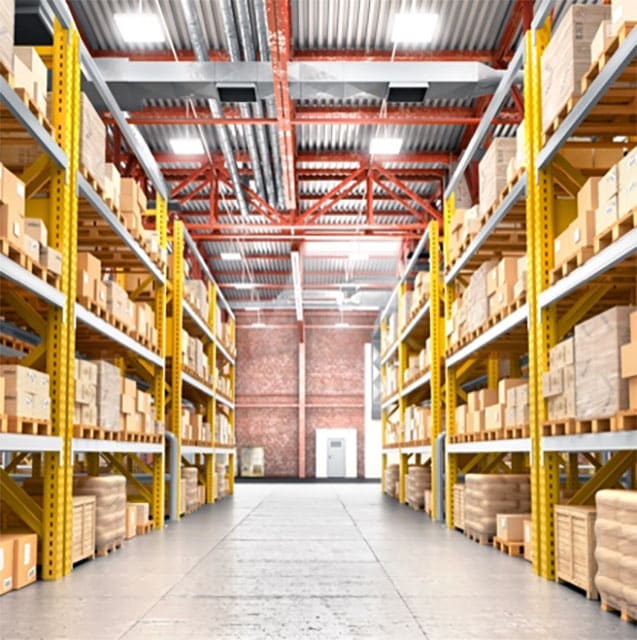
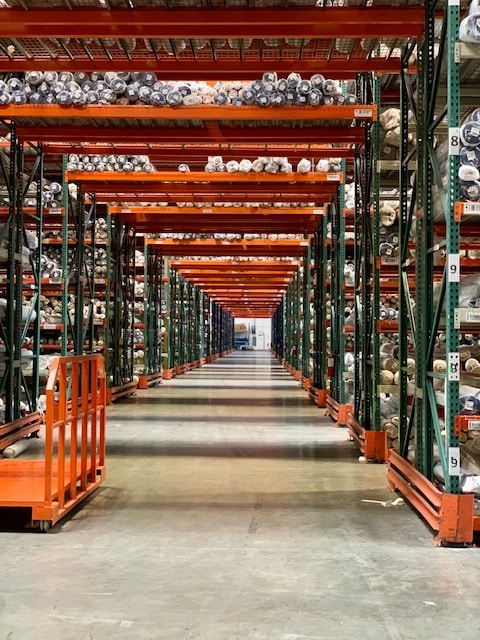
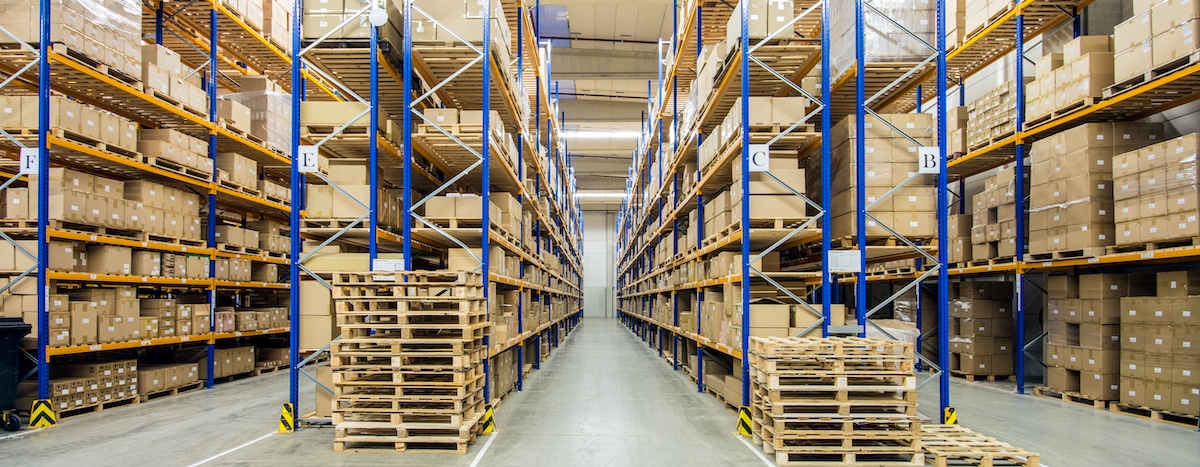
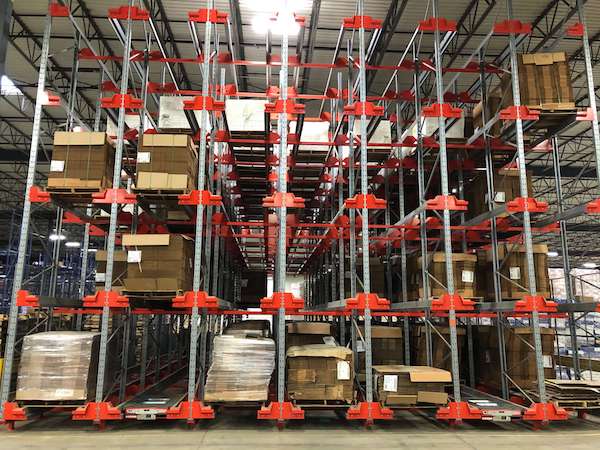
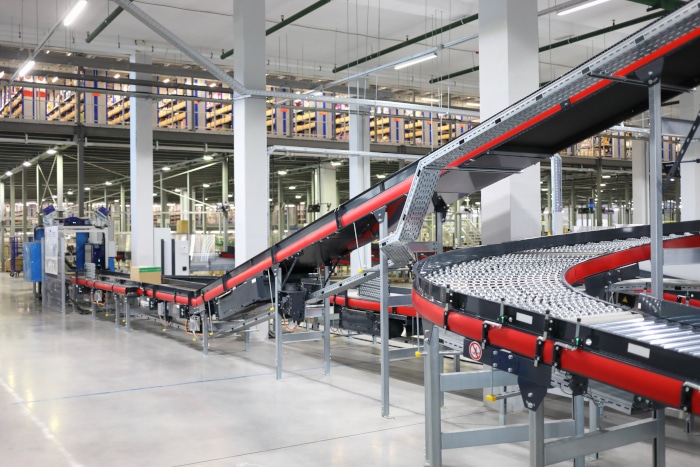
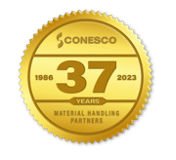
WORK WITH CONESCO
New and used material handling equipment nationwide, since 1986
Tradition & Commitment
1.
Request a Free Consultation
2.
Experience a Discovery Call & Follow Up(s)
3.
Receive Custom Proposal(s) & Make an Informed Decision!
CONESCO BUYS, SELLS, & PROVIDES SERVICES
MATERIAL HANDLING EQUIPMENT
NEW & USED MATERIAL SALES
ENGINEERING & PERMITTING
WAREHOUSE LIQUIDATIONS
Labor Services
WAREHOUSE PLANS & STRATEGY
LOGISTICS
PROJECT MANAGEMENT
MATERIAL HANDLING CONSULTING
NATIONWIDE TEAM READY
TO HELP YOU
NATIONWIDE TEAM READY TO WORK FOR YOU

“Working with Conesco was great. They asked the right questions, understood what we needed and our Denver Facility went in under budget. Good guys, good prices, and good services.”
“We have worked with Conesco for over 8 years, they are leaders in the Racking Industry, exceptional customer service and great in every aspect to work with. I refer them to all my customers with racking needs.”
Finding Material Handling Equipment Near You: A Complete Guide to Buying, Selling, and Next Steps
Are you searching for “material handling equipment near me” or thinking about buying or selling equipment? This guide provides the information you need to make better-informed decisions. Learn about the different types of material handling equipment, how to decide between buying new or used, and how to find an ethical, reputable supplier.
What Is Material Handling Equipment?
Material handling equipment encompasses the various machines, tools, vehicles, and solutions used for effective loading, unloading, storage, movement, and control of goods and materials within a warehouse, manufacturing plant, or distribution facility.
Material handling equipment provides solutions for:
- Moving goods within a warehouse
- Positioning goods in the places it is needed
- Storing and protecting products
- Controlling and monitoring processes
Types of Material Handling Equipment
Material handler equipment includes a broad range of items, including industrial material handling equipment and automated material handling equipment. Equipment is generally in one of four categories:
- Storage and handling
- Industrial trucks and transportation equipment
- Engineered systems, including automation
- Bulk system movement
Here are some of the most common types:
- Pallet Racks: Adjustable vertical slotted racking designed to hold supply pallets for optimized storage density and access.
- Push Back Racks: Sloping pallet racking that uses gravity rolldown lanes, enabling dense, sequenced single-SKU storage and picking.
- Drive-In Racks: Forklift-compatible dense pallet storage racking with built-in driving aisles for accessing bulk-loaded goods.
- Cantilever Racks: Heavy-duty horizontal racking ideal for storing long, oddly shaped, or bulky inventory materials without shelving.
- Wire Mesh Decking: Durable wire panels topping basic shelving to provide secure footing for loose or small parts stored in pick modules.
- Mezzanines: Expanded steel platforms that effectively double floor space by creating overhead storage areas accessible via stairs or lifts.
- Conveyors: Roller-bed transport systems designed to automatically move materials between stations from receiving through shipping.
- Selective Pallet Racks: Optimized flow racking that allows controlled, first-in-first-out sequenced order picking of pallets.
- Carousels: Automated rotating vertical shelving for high-density storage and batch picking.
- Secured Lockers: Locked compartment shelving units providing safely controlled storage for tools, valuables, and sensitive materials.
- Lifts & Hoists: Powered lifting equipment like cranes, hoists, and scissor lifts for vertically transporting materials.
New vs. Used Material Handling Equipment
New equipment is preferable, providing modern solutions and warranty coverage. However, it is not always the best solution. You will want to examine whether your needs can be met just as well by buying used material handling equipment. While it may not be state-of-the-art, it may work just fine, and you can save a significant amount of money.
For example, well-maintained pallet racks can last for decades. Used pallet racks might save you as much as 30% to 50% over buying new, which is beneficial when budgets are tight or you want to spend money elsewhere.
The Benefits of Buying Used Material Handling Equipment
Purchasing quality pre-owned material handling equipment offers warehouses, 3PLs, and manufacturing plants multiple bottom-line benefits beyond upfront cost savings alone. One major upside is immediate availability—acquiring equipment in usable condition without waiting weeks or months for delivery of new or custom-ordered items. This allows buyers to quickly meet business demands or replace broken machinery to minimize downtime.
Environmental sustainability represents another advantage, as reusing functioning equipment reduces scrap waste and the raw-material demands of manufacturing brand-new models. Used material handlers also provide value through proven durability and performance. Assets acquired from reputable dealers have already demonstrated years of reliable service under real warehouse conditions.
Buying the right used material handling equipment can augment your legacy equipment while maximizing your CapEx budget. For example, buying used for shorter-term capacity, such as seasonal peaks, can avoid spending capital for equipment that is only needed for part of the year.
When you can find quality used material handling equipment, you can often strike an optimal balance of affordability, value, and performance. However, you need to work with a reputable equipment supplier that values more than just price.
Buying Material Hander Equipment Is About More Than Just Price
As warehousing and fulfillment challenges intensify, purchasing equipment based solely on cost is shortsighted. You need an experienced partner who takes a consultative approach to understand your operations and design optimized solutions.
Here are some of the key things you get working with the right partner rather than just buying equipment:
Thorough Assessments
Reputable material handling partners do not just sell you equipment; they perform an in-depth assessment before making recommendations. This might include:
- Workflow Analysis: Evaluating order processing steps, bottlenecks, redundancy, excess motion, and other optimization opportunities.
- Peak Volume Analysis: Accounting for fluctuating order volumes and capacity, including seasonal spikes.
- Space Constraint Analysis: Assessing available storage density and layout equipment for efficient material flow within existing square footage or racking.
- Safety and Bottleneck Analysis: Preventing equipment additions from introducing new operator hazards or chokepoints that limit throughput.
- Automation Analysis: Reviewing current automation technologies to identify areas where added capabilities could boost efficiency.
Be wary of vendors who push a single proprietary solution without first exploring your needs. The best suppliers will work with you to find the best solutions.
Warehouse Design and Operations Recommendations
You should also look for new and used material handling equipment suppliers with extensive experience in warehouse design. They can help you configure equipment to work within an optimized facility layout and offer suggestions to improve operations.
Industry Knowledge
Not all sellers and resellers are highly knowledgeable about new technologies or products. They may know their product line, but not others. Look for a supplier that stays current and knows the material handling industry as a whole.
There have been significant advances in material handling in the past few years, especially in the domain of automated material handling equipment. You want a partner who is on top of evolving technology and has experience with hardware and software controls.
Customized Solutions
While there are standards in the industry, every facility has its own flow and way of doing business. Depending on the legacy equipment you have and how you plan to use new equipment, make sure your partner is capable of creating customized solutions for you. Even with the same equipment, it is often the nuances of where and how it is placed that ensure an optimized workflow.
Finding an Ethical, Reputable Material Handling Equipment Supplier
Whether you are buying or selling, working with an ethical supplier is crucial. When you are buying new equipment, you typically get warranty coverage. However, buying used material handler equipment is a different story. If you buy from an unknown seller—or someone who is not upfront about any defects—you could be setting yourself up for costly problems or safety issues.
Buying Used Equipment
When sourcing used material handling equipment, hidden problems or unfair pricing can quickly lead to headaches. Even small dents in equipment can cause failures or impacts over time.
Less scrupulous sellers may try to hide signs of wear just to make a sale, leaving customers to deal with malfunctions or inadequate performance down the road. A trustworthy supplier will openly disclose the true condition of any equipment, explaining precise specifications to minor cosmetic flaws. This allows you to make better-informed decisions by knowing the operational life you can expect.
Used equipment pricing varies widely. Some brokers inflate costs to increase profits. Ethical suppliers provide fair market valuations from the start so you can plan your budget accurately. They also highlight any mismatched or non-interchangeable parts, which could require modifications or customization. While many material handling components work across manufacturers, not all are plug and play.
Beyond avoiding problems, the right supplier becomes a partner invested in your warehouse optimization. They dig into the specifics of your inventory systems, workflows, and bottlenecks to tailor solutions to your operational environment. This consultative approach delivers custom-fit equipment and modifications that maximize productivity and value.
Selling Used Equipment
The same strategy applies when it’s time to sell equipment. Whether you are closing your business, liquidating equipment, replacing legacy equipment, or selling excess material handler equipment, finding an honest broker is imperative.
Take a few proactive steps to maximize the value of your equipment:
Research and establish fair market valuations for your specific equipment models, ages, and conditions. Consult industry pricing indexes, auction archives, appraisers, and valuation resources to set reasonable asking prices. Remember that state-of-the-art capabilities evolve over time, so older equipment may command less value if it no longer meets certain efficiency or safety standards. Also, consider broader market conditions. For example, large liquidations elsewhere can temporarily drive down resale prices in some categories.
You should also accurately catalog your available equipment. Detail manufacturers, product IDs, serial numbers, images, and maintenance logs for each item. Transparent notes about any cosmetic flaws, performance issues, or remaining useful life estimates can accelerate the sales process. This documentation allows buyers to thoroughly assess offerings and bid with confidence.
Leverage the services of an experienced equipment reseller or liquidator. Specialists like Conesco purchase equipment directly or tap into their vast buyer networks to facilitate sales at optimal prices.
Your Next Step
Your next step is to contact the material handler equipment experts at Conesco Storage Systems.
As one of the industry’s highest-volume equipment dealers, Conesco provides affordable options for new and used equipment. We thoroughly evaluate used equipment to confirm its condition and accurately detail its remaining useful life projections before reselling.
As one of the country’s largest warehouse liquidators, we have access to a global network of buyers to get you top dollar for your equipment.
Beyond fair prices for trustworthy equipment, our expertise smooths out transition hurdles. Conesco’s experienced handling crews can safely and properly dismantle, crate, and transport assets to avoid damage en route to new facilities.
Looking for used material handling equipment from an ethical supplier you can trust? Call the Conesco team at (303) 690-9591 or request a consultation online.
Frequently Asked Questions
What are the four types of material handling equipment?
Material handler equipment typically fits into one of four categories: storage and handling equipment, industrial material handling equipment like trucks or forklifts, engineered and automated systems, and bulk material handling equipment.
What are the four main purposes of material handling systems?
The four main purposes of material handling systems include:
- Movement: Transporting materials, components, and products between different locations, such as between storage areas, workstations, or shipping and receiving areas.
- Positioning: Placing the materials, parts, or products where needed.
- Storage: Storing and protecting products in warehouses, distribution centers, or fulfillment centers until needed.
- Control: Tracking material locations and information, such as quantities and manufacturing status. Controlling work-in-process and inventory levels, often using automated material handling equipment.
What equipment is used to move pallets?
Pallet jacks, pallet trucks, forklifts, and pallet conveyors are the most common types of equipment used to move pallets. Self-driving automotive guided vehicles (AGVs) are also used in some warehouses.
How do I choose material handling equipment?
Most importantly, you want to get “material handling equipment near me” that fits your specific needs. Partnering with a reputable and trustworthy supplier like Conesco can help you find the perfect material handler equipment for your environment.
Looking for used material handling equipment from an ethical supplier you can trust? Call the Conesco team at (303) 690-9591 or request a consultation online.
